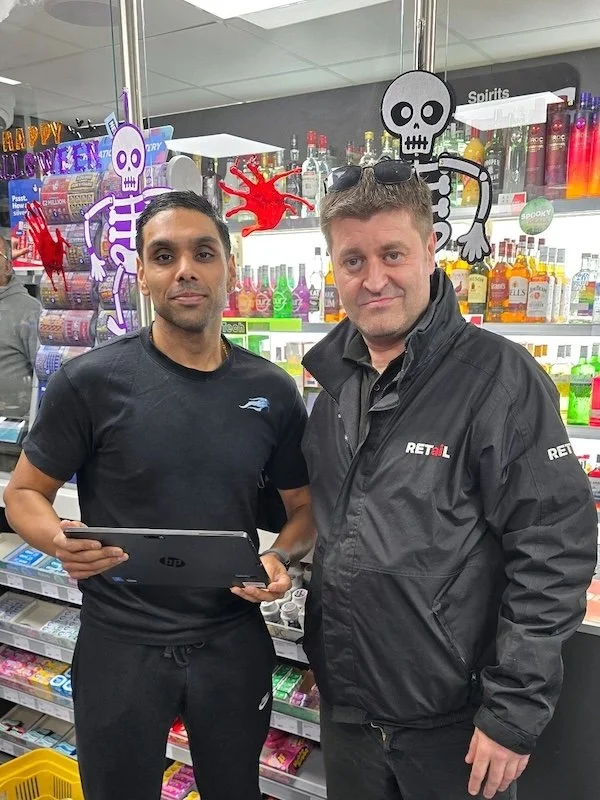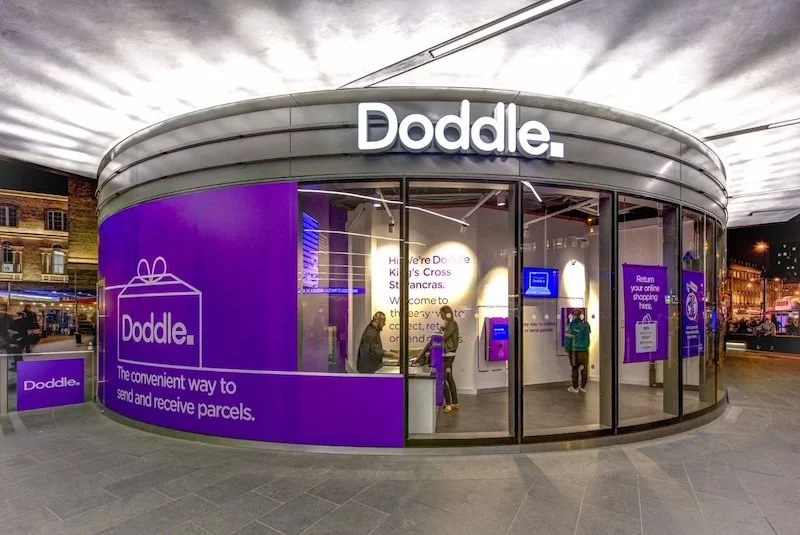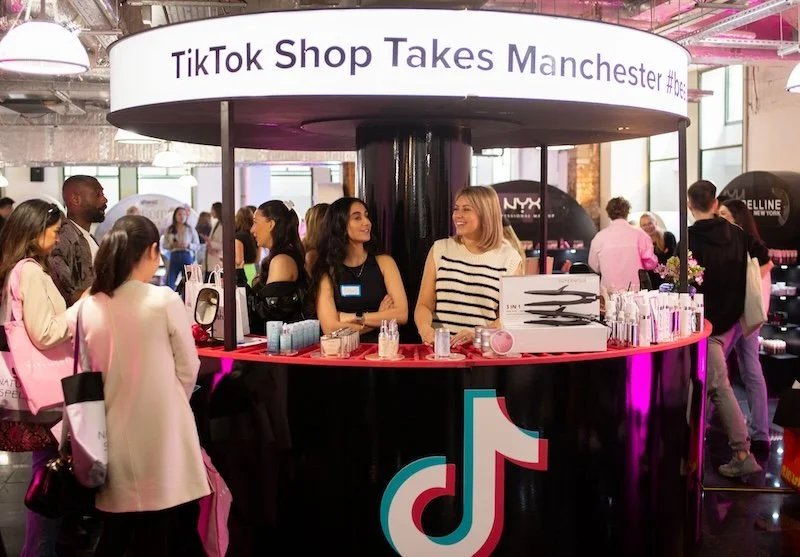How crypto could change retail in 2025
Many industries, especially the retail sector, are warming up to crypto and are embracing it as a reliable and secure alternative payment. Over 15,000 businesses worldwide now accept Bitcoin as payment, with more and more retailers adopting Bitcoin and various other cryptocurrencies as transaction methods crypto has the potential to radically change the way we shop, pay, and connect with businesses by 2025.
Crypto is likely to reshape the retail industry for the following reasons:
Faster and safer transactions
Blockchain is changing things for both stores and shoppers. Many retailers are accepting cryptocurrencies because of their reliability, robust safety, swiftness, and low transaction fees. Unlike traditional payment methods with high fees and cumbersome waiting times, crypto makes payments faster, cheaper, and hassle-free.
People in the UK are taking advantage of crypto efficiency and lower fees for everyday purchases. Many Brits are using crypto to buy gift cards for popular retailers like ASOS, Boohoo, H&M, and even Nando’s on sites like BitPay and Bitrefill to buy everyday items.
A considerable amount of Brits are also using cryptocurrencies like Bitcoin or Ethereum to play online casino games. Crypto blackjack has become especially popular among UK players as transactions are faster, safer, and cheaper. With the added perks of provably fair games, appealing promos, and exciting bonuses, players can test their luck at various online crypto casinos with peace of mind, knowing their payments are safe and their personal information is protected.
Apart from online betting, cryptocurrencies are gaining traction in a variety of other industries. For instance, travel agencies and booking platforms like CheapAir and Destinia now accept crypto for flights and accommodation bookings.
Additionally, it is easier for retailers to do business across borders. Because crypto transactions enable faster, cheaper, and safer cross-border payments retailers have greater accessibility to global markets.
Furthermore, businesses can keep track of products using blockchain technology, as it shows customers the exact journey of their purchases, from where it was made to how they reached them, building trust between businesses and customers. Thanks to blockchain retailers can also manage their stock more effectively, reduce costs, and make shopping easier for customers.
Web3 and DeFi integration
Web3 platforms and decentralized finance (DeFi) applications are making it easier for consumers to use cryptocurrencies leading to the development of new retail experiences, such as loyalty programmes based on blockchain technology.
NFT-based retail experiences
Non-fungible tokens (NFTs) could be used to create unique and exclusive retail experiences. For example, retailers could sell limited-edition NFT-based products or offer exclusive access to events for NFT holders.
Increased consumer adoption
The rise in crypto-friendly businesses is closely tied to growing consumer interest. By August 2024, around 7 million UK citizens now own some form of crypto. That’s a big jump from about five million in 2022. Even small, independent stores like cafes, pubs, and restaurants are jumping onboard, offering discounts to customers who pay with digital currencies and taking advantage of the growing interest in crypto to attract more tech-savvy shoppers.
Challenges ahead
However, the road to widespread crypto adoption isn’t without bumps. Regulation remains a big issue, as many countries, including the UK, are still working to establish clear rules for using digital currencies in retail.
The Financial Conduct Authority (FCA) has faced criticism for its strict approach, with nearly 90% of crypto firms' applications rejected or withdrawn in the past year. Even though the UK government is focused on preventing fraud in the crypto industry, critics argue that when rules are unclear and there are low approval rates it slows down the country's goal of becoming a leader in crypto, leaving businesses and consumers uncertain.
Another challenge is that cryptocurrencies like Bitcoin can be very unstable. For retailers, fluctuating values can be risky, discouraging some from accepting crypto as payment. With around 25,000 cryptocurrencies available, crypto's unpredictability makes it hard for retailers and shoppers to navigate and decide which ones are worth investing in. To top it all off, many fake coins and crypto scams are floating around.
Even though there are challenges, the crypto world is still making progress. The UK is expanding its plans for a unified crypto framework by 2025 to keep up with the EU and the US. The plan will focus on stablecoins and making staking rules clearer. By reducing the risks of price changes, more retailers could be moved to accept crypto.
Keir Starmer’s Labour Party, which took power earlier this year, promises a streamlined regime for digital assets. Tulip Siddiq, Economic Secretary to the Treasury, believes a unified regime will provide clarity. Experts like Gillian Lynch from Gemini agree that a well-considered regulation in 12 to 18 months is acceptable.
However, some doubt if this will keep the UK competitive and expressed concerns about the UK's standing compared to Europe, Asia, and the Middle East. The EU's Markets in Crypto-Assets regulations will soon take effect, putting more pressure on the UK.
Conclusion
Crypto’s journey in retail mirrors the adoption of credit and debit cards. Initially met with scepticism, these payment methods are now standard. Similarly, as infrastructure improves and consumer demand grows, digital currencies are likely to become a mainstream payment option in the not so distant future.































Continue reading…